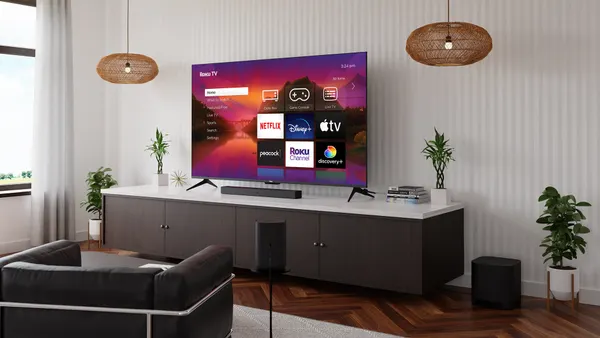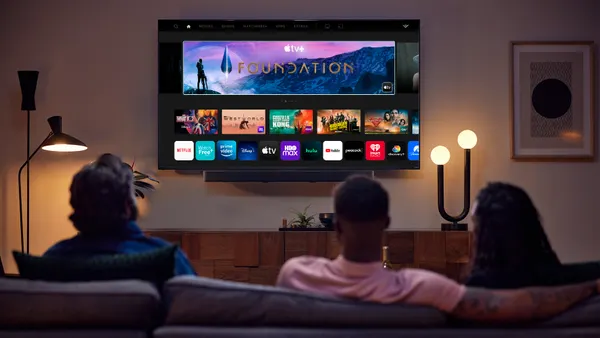Dive Brief:
- IBM is putting its acquisition of The Weather Company’s digital assets to work testing out a novel new ad format – Watson-driven audio ads that allow users to ask questions and receive answers all by audio.
- Users can actually text questions or ask by voice, and then receive answers by audio, and the entire process will be backed up by Watson’s artificial intelligence technology using machine learning and natural language capabilities to provide accurate responses.
- The ad format will allow users to have an experience akin to what celebrities in the multi-spot IBM Watson TV campaign – including both Serena Williams and Bob Dylan – have when interacting with Watson.
Dive Insight:
Artificial intelligence and natural language capability are high on Facebook and Google parent company Alphabet's radar screens. Google and Amazon now have devices on the market that respond to voice queries. But IBM has coupled its The Weather Company acquisition with its cutting edge Watson tech to bring the idea to an ad unit.
Campbell Soup Company, Unilever and GSK Consumer Healthcare are all brands that will be running the new ads on Weather.com, the Weather app and the WeatherFX platform.
Jeremy Steinberg, global head of sales for The Weather Company, explained to Adweek how the user experience would look like with the ads by using an example of somebody using the tech to figure out what to eat for dinner.
"For example, one might ask by voice interaction, 'What can I make for dinner tonight?' Based on its machine learning and reasoning ability from the data it has ingested, Watson can sort through ingredient and flavor profiles to make recommendations based on the weather, time of day, location and even ingredients users have on hand—all surfaced via dynamic ads," he explained to Adweek.
Steinberg told the Wall Street Journal they see the new ad unit as being "transformative" for the industry at large. "Cognitive advertising is the new frontier. With Watson Ads, we believe that we are humanizing the ad experience for consumers," he said.









